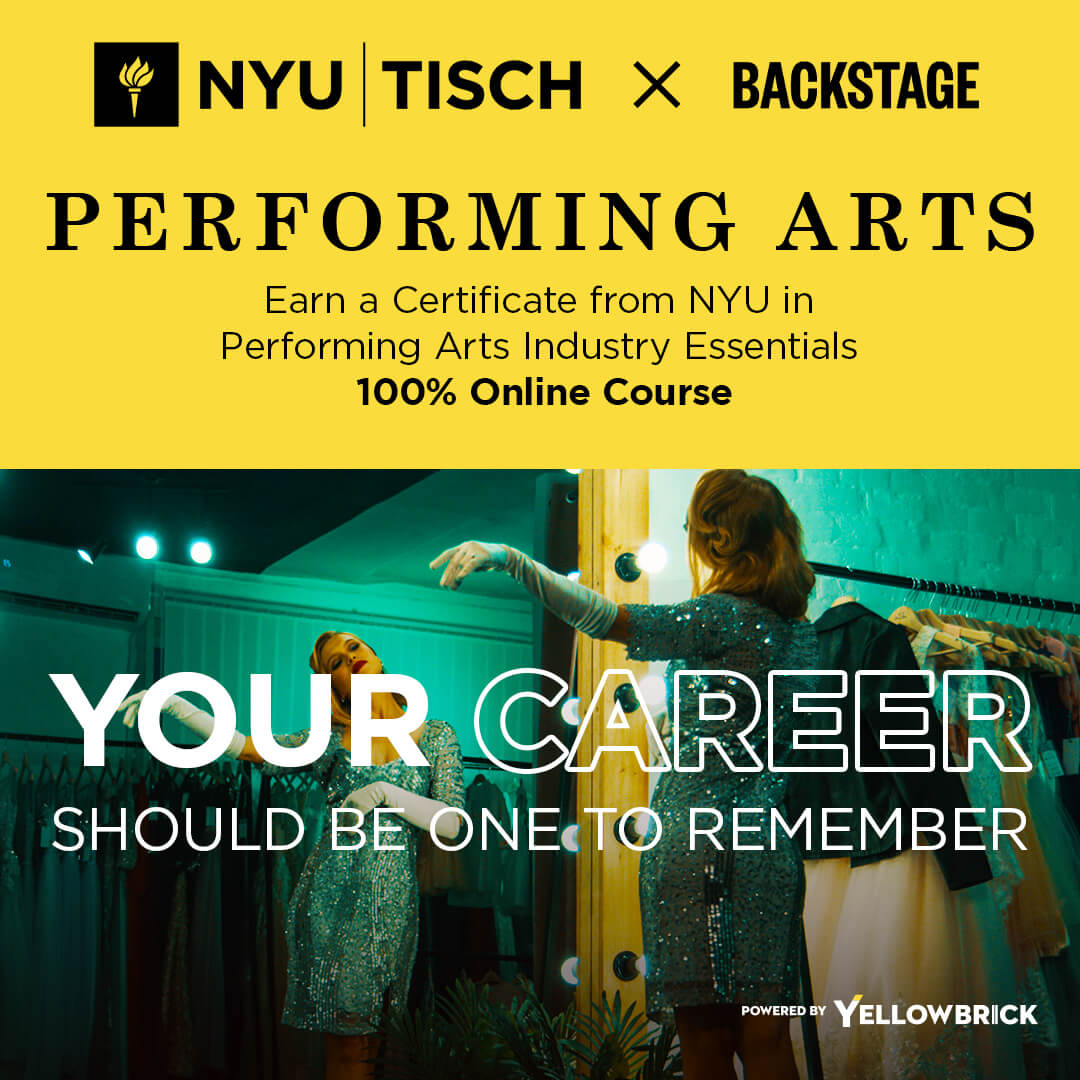A Good Broadway Audition Begins in Reflection

[wdm_vimeo_gform_overlay]
You’re good at acting. You know how to hit your mark and deliver your lines on time. Now you need a chance to shine, to show casting agents what you have to offer. Unfortunately, most actors are just like you. They have some experience and have learned the craft basics, but they’re still not sure how to get casting agents to notice. Bret Shuford, Performing Arts Industry Essentials contributor and cast member of Wicked and The Little Mermaid, teaches how to pursue the process of auditions.
Watch the video to learn about:
- the different types of open auditions
- how to have a create a healthy audition process for yourself
- importance of reflection during the audition process
There’s no shortage of ways to submit yourself as an actor, but one option may be more effective than the others.
Entertainment Careers Centers (ECCs) are locations where actors, models, dancers, and singers can go to have their headshots, resumes, and acting reels professionally critiqued. In addition, these centers often help connect aspiring performers with agents, managers, and casting directors. According to Playbill, Eligible Performer Auditions (EPAs) are only open to members of the Actors’ union, called Actors’ Equity, or to performers who are eligible to become Equity members.
You can go to ECCs, EPAs and even submit yourself online from Backstage and other websites. Unfortunately, while most people who attend EPAs are generally happy with it, they’re also not using this opportunity to its full potential.
Here’s how to get the most out of EPAs:
Get there early. The earlier you show up, the more likely you will get quality feedback on all your materials. In addition, you want to make sure that the people critiquing you have enough time to look at what you’re offering them. You want them to give you honest feedback on improving your materials or how you should present yourself when meeting a casting director or agent.
Why the audition process is a long-time pursuit:
“So you have opportunities to go to open auditions,” says Bret Shuford. “You can go to ECCs, EPAs, and even submit yourself online from Backstage and other websites. But what we have to understand is that when you’re in this business, and when you want to pursue this business, you can’t think of it as a short-term pursuit. It is a long-term pursuit.”
Using concepts he picked up from performing arts and performing arts education, Shuford goes on to explain, “You have to think of this in the long term. So, every person you’re meeting at an audition, every time you go to an audition, it’s not about booking the job. It’s about building relationships. It’s about showing people the essence of who you are.”
How to keep yourself motivated during the audition process:
Shuford says he always tells actors to start with the experience they want people to have. So here are questions to ask yourself:
- Why do you do what you do?
- What do you want people to experience when they’re witnessing you on stage?
Shuford wants people to see themselves and see the world differently. So, that means he wants them to open their eyes and experience joy and experience fun. And what is that for you?
This is just one of the lessons you can learn through an online performing arts education. For more information on the audition process and the performing arts industry, explore the Performing Art Industry Essentials course.
